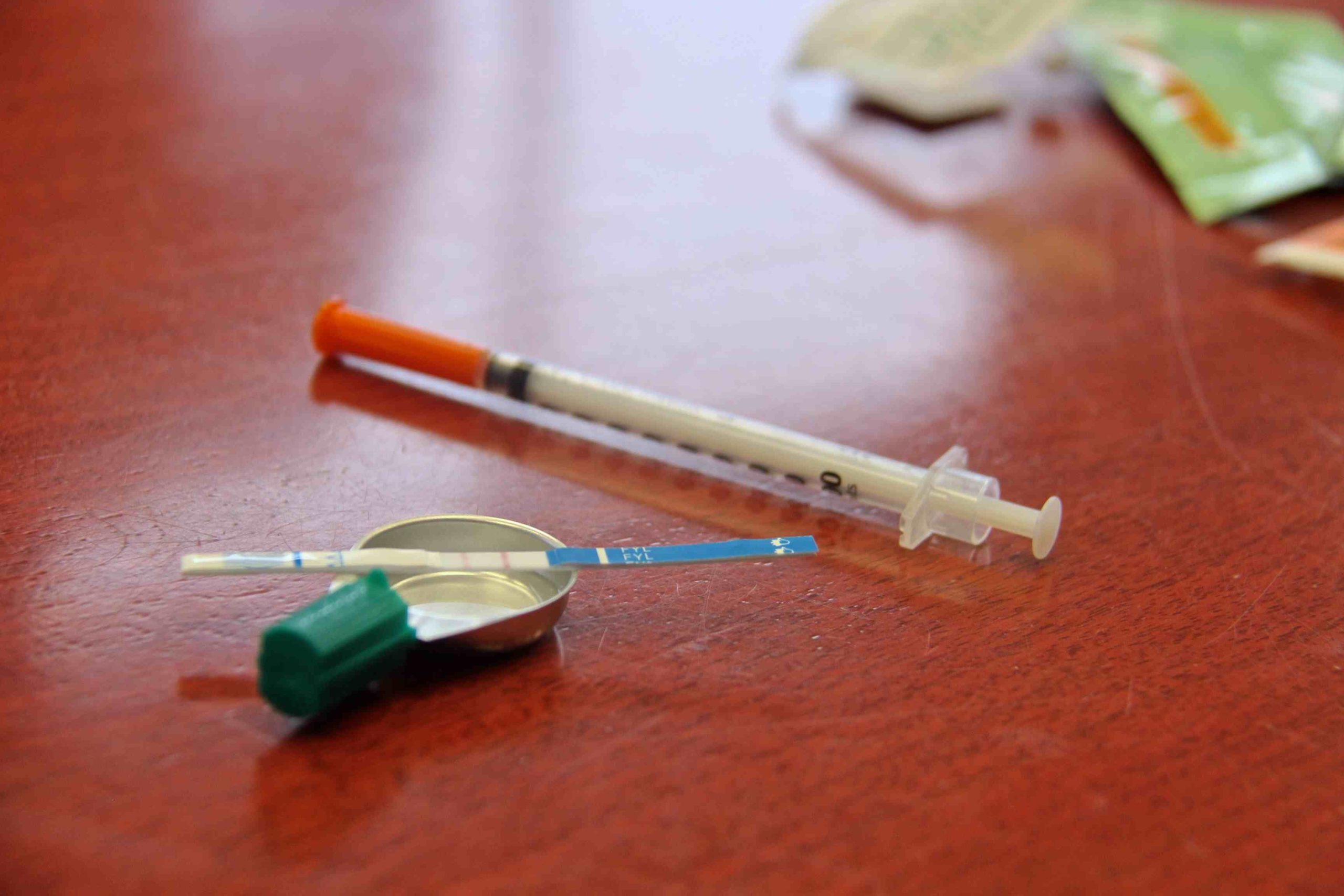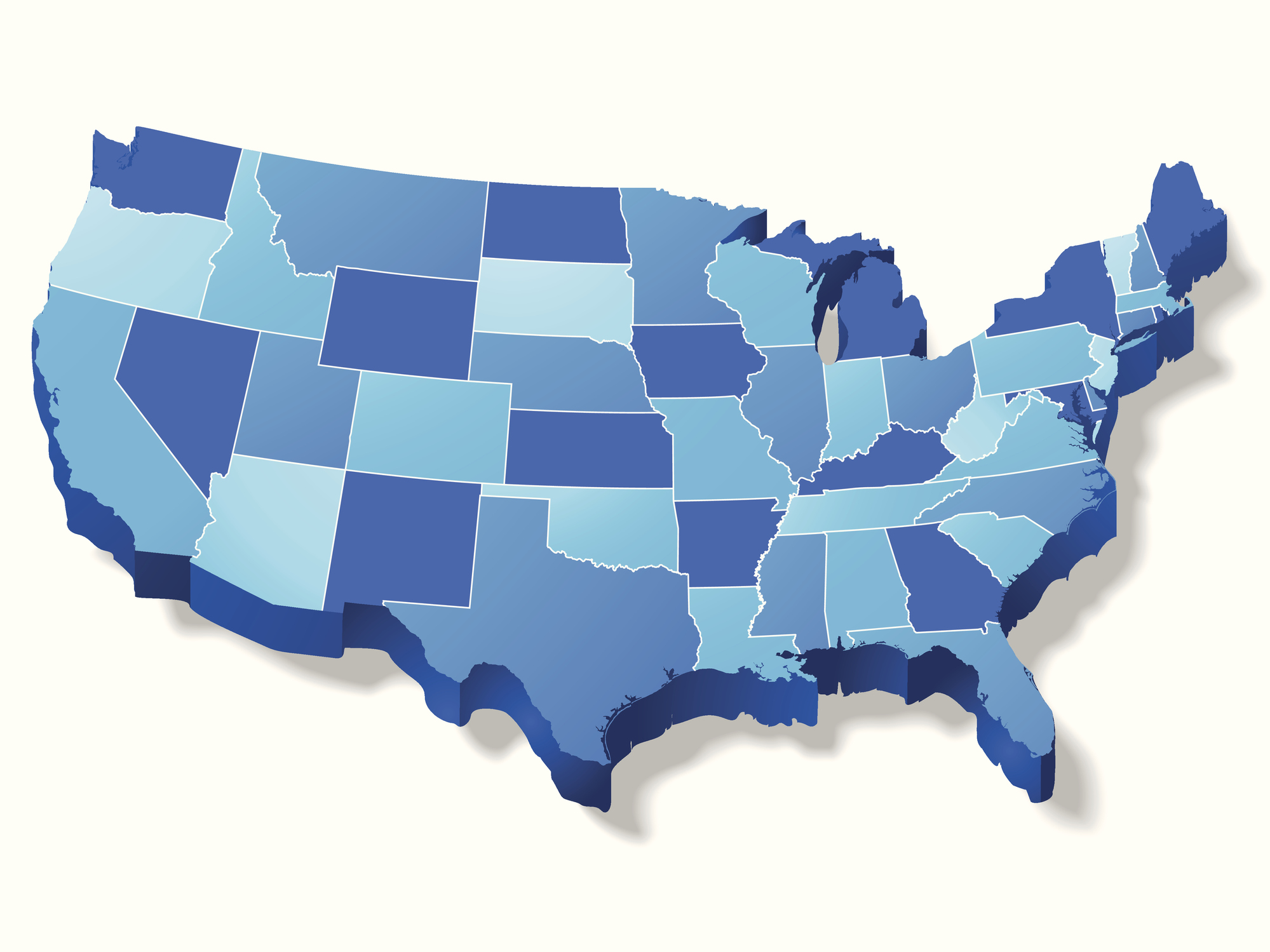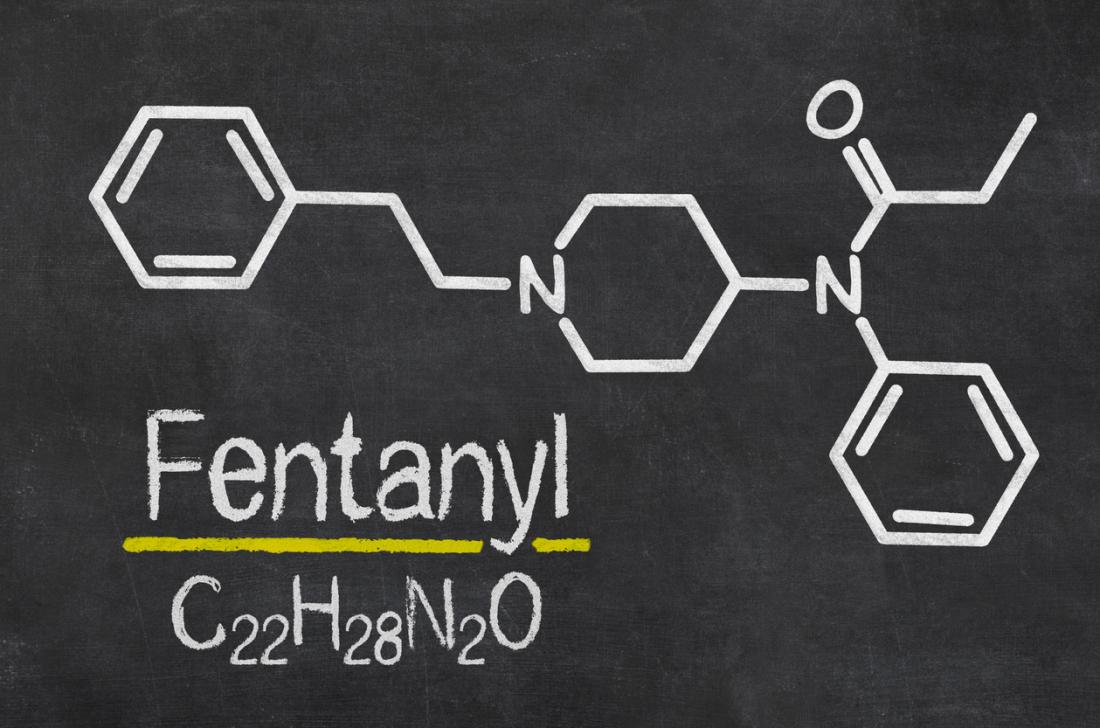Deflection Initiatives: Summary of State Laws
All across the U.S. jails are filled with people who need medical care and social services, many of whom cycle in and out of jail without ever receiving the help they need. One emerging model to combat this problem is deflection, which seeks to prevent individuals who have low to moderate criminogenic risk, but significant unmet social, economic, and health needs, from entering the criminal justice system. The goal of deflection programs is to lessen the burden on the criminal justice system by connecting those individuals—before they enter the criminal justice system—to treatment and social services to which they might not otherwise have access. This document is designed to: (1) provide a singular resource for each jurisdiction’s deflection laws; (2) allow for a comparison of these laws between jurisdictions; and (3) identify and highlight interesting provisions....













